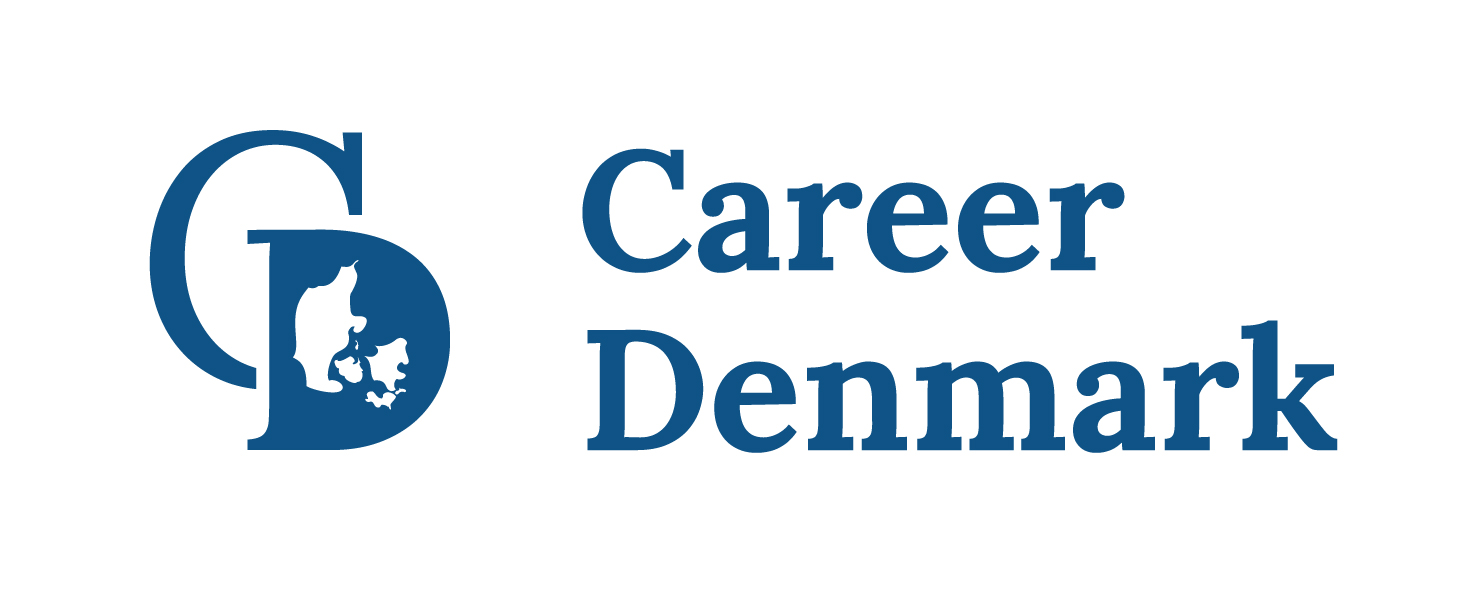Exploring the cobblestone streets and vibrant culture of Denmark is enticing for many, but for international students, securing a part-time student job in Denmark can make the experience even more enriching. Whether you’re looking to support your studies financially, gain relevant work experience, or simply immerse yourself in Danish society, understanding how to navigate the job market is crucial. This guide provides advice on how to successfully secure a student job in Denmark.
- The Danish Job Market
- Legal Requirements for International Students
- Job Search Tips for International Students
- Networking to find student job opportunities in Denmark
- Online job portals and resources specific to Denmark
- Top Industries and Sectors for Student Jobs in Denmark
- Potential employers to target for student job opportunities

Understanding the Danish Job Market
– Overview of the Danish student job market
Denmark offers a vibrant, diverse job market which presents various opportunities for international students seeking part-time employment. The Danish economy is robust, with key sectors such as manufacturing, engineering, life sciences, and green energy. In cities like Copenhagen, Aarhus, and Odense, student jobs can commonly be found in areas like hospitality, retail, and tourism, as well as on-campus jobs at universities.
Moreover, the culture in Danish workplaces is uniquely horizontal, promoting an informal atmosphere and a high degree of autonomy. Students often find this working style different from what they’re used to, emphasizing teamwork and flat management over hierarchy. English is widely spoken in the workplace, which is beneficial for those who are not yet fluent in Danish. However, learning some Danish can significantly increase job opportunities and integration into the community. Learn more about learning Danish for free to boost your job search.
– Benefits of working part-time in Denmark as an international student
Securing a part-time student job in Denmark has multiple advantages for international students. Financially, it supports students in managing living expenses and tuition fees, as Denmark can be quite expensive. Earning a Danish salary, even from a part-time job, can greatly ease financial pressures.
Socially, working part-time offers a unique avenue to immerse oneself in Danish culture. It allows international students to improve their Danish language skills, familiarize themselves with societal norms, and form meaningful relationships outside the academic community. This can enhance the overall study abroad experience by providing a more holistic understanding of the host country.
Furthermore, working part-time can enrich an international student’s CV by adding European work experience, particularly valued by employers worldwide. It demonstrates adaptability and the ability to work in a multicultural environment. Practical experience gained through work can complement academic studies and provide a clearer pathway to future career goals, potentially even leading to full-time employment opportunities in Denmark post-graduation.
Legal Requirements for International Students
– Work permits and visas for international students in Denmark
For international students in Denmark, navigating the legal requirements for employment is crucial to have a student job in Denmark. European Union (EU) and European Economic Area (EEA) students have the right to work in Denmark without needing a permit, but they must still comply with certain formalities, such as registering with the Danish authorities, which they can do through the Civil Registration System (CPR).
Non-EU/EEA students have different requirements. Typically, a resident permit issued to these students includes a permit to work for up to 20 hours a week during term time and full-time during the months of June, July, and August. It is important for students to verify the specific terms stipulated on their residence permits, as exceeding these hours can have legal consequences.
Students from outside the EU/EEA who wish to stay in Denmark after completing their studies to seek full-time work need to apply for a residence permit under the Establishment Card scheme, which allows graduates to stay in Denmark for an additional three years to look for work. Meeting these requirements is crucial for ensuring that the transition from student life to professional employment in Denmark is smooth and legally compliant.
In conclusion, international students considering or presently in Denmark have much to gain from part-time student job in Denmark. Understanding the job market and legal requirements is just the starting point. With the right preparation, they can enhance their education, immerse themselves in Danish society, and lay down the groundwork for a prosperous career.
Job Search Tips for International Students
Crafting a compelling resume for Danish employers
When aiming to secure a student job in Denmark, the structure and content of your resume are critical. Danish employers value brevity, precision, and relevance in resumes. Start with a clear personal profile that highlights your educational background, key skills, and any relevant experiences. Emphasize aspects that align with Danish workplace culture such as teamwork, self-management, and initiative.
Here are some tips to keep in mind:
– Keep it concise: Limit your resume to one page. Dense text can be off-putting, so stick to key points and accomplishments.
– Customize: Adapt your resume for each job application. Highlight the experiences and skills that best match the job description.
– Language matters: Although many Danes are fluent in English, it is important that you start learning Danish as soon as possible to help increase your chances in landing a student role.
– Include extracurriculars: Danish employers appreciate candidates who engage in student organizations or volunteer work, as it shows initiative and social engagement. You can read more in our blog about Why Volunteering in Denmark: A Strategic Path to Integration & Growth.
Remember, your resume is your first impression, so make it count! For more detailed insights and tips on how you can elevate your CV, check our comprehensive book on How to Write a CV in Denmark.

Networking to find student job opportunities in Denmark
In Denmark, much like elsewhere, networking can significantly enhance your job search efforts. Many job vacancies are filled through connections rather than advertisements. Here’s how you can start building your network in Denmark:
– Attend university career events: These can be a goldmine for connecting with employers who are interested in hiring students.
– Join professional organizations or clubs: Particularly those related to your field of study. This not only helps in expanding your professional network but also in understanding industry trends.
– Utilize social media platforms: LinkedIn is particularly effective. Engage with content, join relevant groups, and connect with professionals in your desired industry.
– Reach out to alumni: Many universities have alumni networks that can provide valuable industry insights and job referrals.
Networking isn’t just about meeting new people; it’s about building relationships and offering value in return.
Using online job portals and resources specific to Denmark
Denmark offers a variety of online resources tailored to help students find student job opportunities. Utilizing these can streamline your job search:
– Jobindex and Jobnet: These are two of the largest job search engines in Denmark, offering a range of part-time and student jobs.
– The Hub: This platform is targeted towards start-up companies, which is the perfect platform for students to get started in their first student job in Denmark.
– StuderendeOnline: This job search portal posts open positions for student job seekers in Denmark.
Moreover, many educational institutions provide access to career portals that advertise vacancies especially suited for students. Make sure to check the resources available through your university.

Top Industries and Sectors for Student Jobs in Denmark
Prominent industries offering part-time jobs for students
Certain industries in Denmark consistently offer part-time jobs that are well-suited for students, balancing flexibility with good working conditions. These include:
– Hospitality and tourism: Including roles in hotels, restaurants, cafes and tourist attractions. These tend to have flexible hours which can be scheduled around your studies.
– Retail: Many students find employment in stores or shopping centers. The work schedules are often accommodating for student timetables.
– Delivery: If you have a bike, scooter or motor vehicle, going into delivery services is the easy way to get started to earn money. Platforms like Wolt and Just-Eat offer students flexibility for students to work whenever they can, and you don’t need a resume or application to apply.
– Vikar: A “vikar” in Denmark refers to a temporary worker or substitute who fills in for a regular employee, often in roles such as warehouse, administration, childcare, etc. As a vikar, you can apply for various positions including substitute teacher, healthcare assistant, office support, and roles in customer service or hospitality, depending on your skills and experience.
Potential employers to target for student job opportunities
When seeking student employment in Denmark, consider focusing your applications on companies and organizations known for their supportive environments for students. This includes:
– Large retail chains: Such as Netto, Føtex, and Bilka, which are known for their flexible work hours.
– International companies: Companies like Vestas, Maersk and Danske Bank often offer programs or positions suitable for students.
– Universities and educational institutions: Many employ students in various capacities, from research assistants to administrative support roles.
By targeting these employers, you are more likely to find a student job in Denmark that accommodates your academic commitments while providing valuable work experience.
Conclusion
Securing a student job in Denmark, especially the right student job, can be a valuable opportunity to immerse yourself in Danish culture, enhance your resume, and build a network that can serve you well beyond your studies. By understanding the local job market, preparing thoroughly for your job applications, and utilizing both online and offline resources, you are setting the stage for a successful job search. Remember to stay patient and persistent—finding the right job may take time, but the benefits are definitely worth the effort. With the right approach and a positive attitude, you’ll find that working as an international student in Denmark can be a rewarding and enriching experience.
You can also check our article Benefits of having an Internship in Denmark, where we break down how it can fast-track your career, connect you to the local job market, and give you that crucial international experience employers love.
Join our community for daily tips and updates on Instagram, LinkedIn and Facebook.





